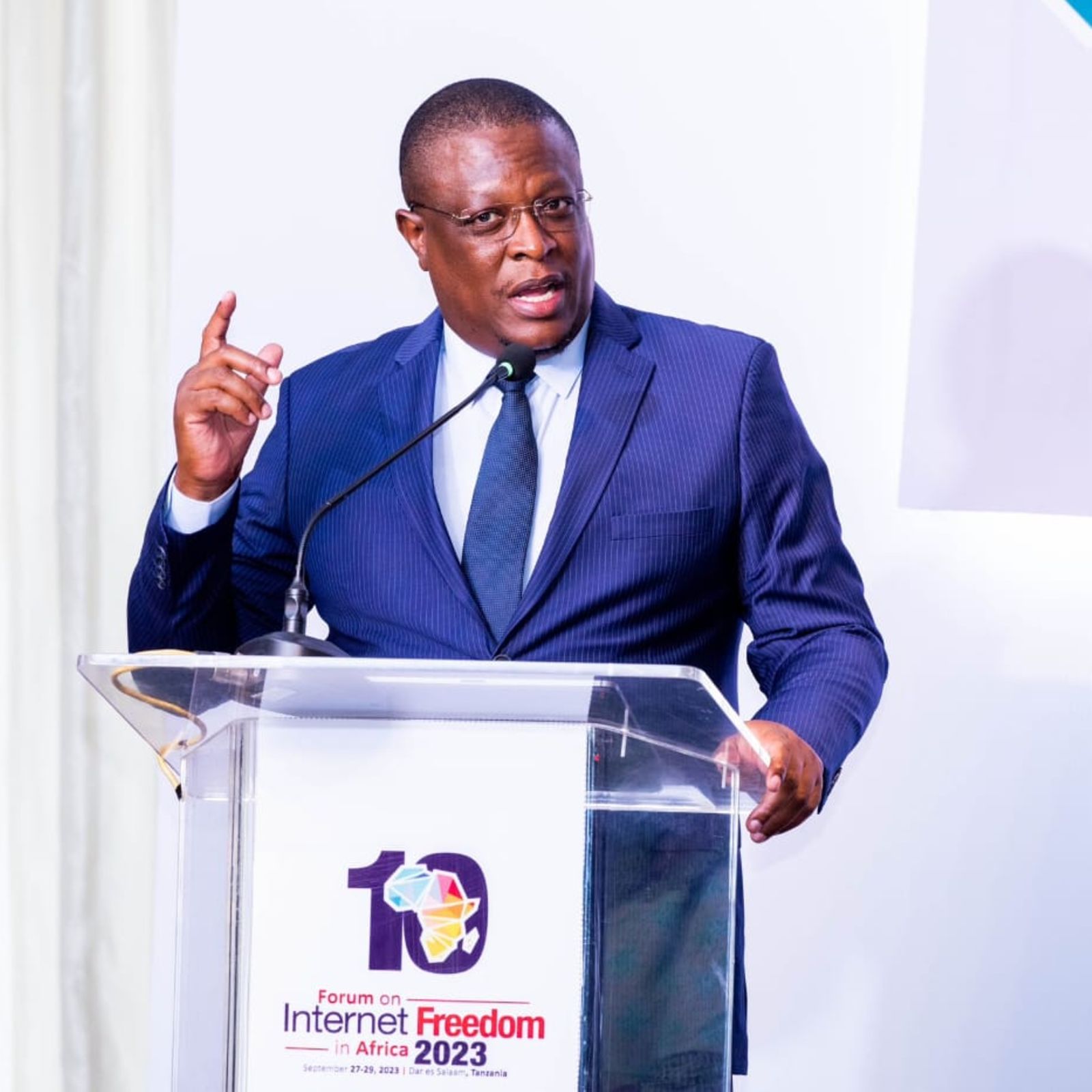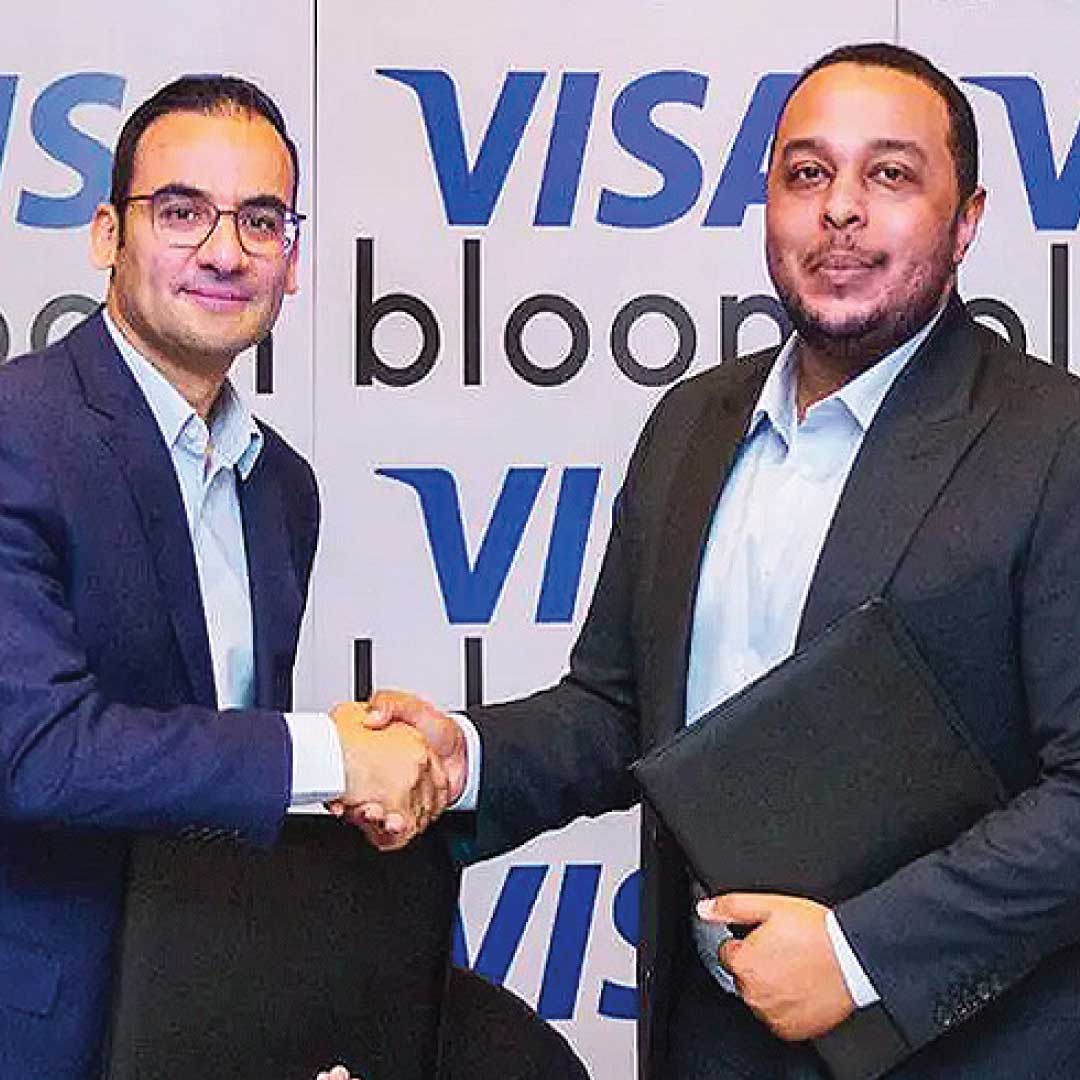Tanzania has announced its plans to share broadband infrastructure with the Democratic Republic of Congo (DRC) and South Sudan in a move towards enhancing connectivity and fostering regional development. These landmark agreements signal a commitment to bridge digital divides and provide access to essential communication services across borders.
Tanzania’s ambition to expand its broadband network and extend its benefits to neighboring nations has been formalized through a Memorandum of Understanding (MoU). This pact underscores the importance of regional cooperation in harnessing the transformative potential of digital infrastructure.
This initiative aligns with broader efforts across the African continent to leverage digital technologies for economic growth and societal advancement. The expansion of broadband connectivity is a critical component of these efforts, given its potential to spur innovation, drive economic development, and improve access to education and healthcare services.
Read also: Tanzania, Uganda sign landmark ICT agreement worth $28.8 million
Connecting Nations
Under these agreements, Tanzania is poised to share its broadband infrastructure with the DRC and South Sudan, two nations that have historically faced challenges in establishing robust communication networks. This partnership will enable these countries to tap into Tanzania’s existing infrastructure, reducing the costs and complexities associated with building new networks from scratch.
Tanzania’s Digital Leap
Tanzania’s commitment to expanding its broadband infrastructure aligns with its broader vision for digital transformation. The government recognizes that digital connectivity is a cornerstone of modern economic development and is committed to ensuring that its citizens have access to the opportunities and services that digital technologies can provide.
Access to broadband internet is increasingly viewed as a catalyst for development across various sectors. In education, it can facilitate remote learning and provide students with access to a world of knowledge. In healthcare, it can enable telemedicine and connect rural communities with medical professionals. In agriculture, it can empower farmers with vital information on weather, market prices, and best practices.
Enhancing Regional Integration
Beyond its national impact, this initiative holds the potential to enhance regional integration and cooperation. By sharing broadband infrastructure, Tanzania, the DRC, and South Sudan can collaborate more effectively on regional initiatives and jointly address challenges that transcend national boundaries.
Inclusive economic growth is at the heart of Tanzania’s vision for broadband expansion. The government recognizes that connectivity can open up new opportunities for entrepreneurs, small and medium-sized enterprises (SMEs), and marginalized communities. By sharing its infrastructure with neighboring nations, Tanzania aims to catalyze economic growth and job creation both within its borders and beyond.
Global Partnerships and Investment
Realizing the ambitious goals of this broadband expansion will require not only regional cooperation but also global partnerships and investment. Broadband infrastructure projects of this magnitude typically entail significant capital investments, and Tanzania is actively seeking collaboration with international partners to facilitate the necessary funding.
The agreements between Tanzania, the DRC, and South Sudan can serve as a blueprint for other African nations seeking to expand their broadband networks and promote regional integration. As the digital landscape continues to evolve, connectivity will become increasingly vital for driving progress across the continent.
At its core, this initiative underscores the importance of digital inclusion for all citizens, regardless of their geographic location. By extending broadband infrastructure to underserved areas, Tanzania, the DRC, and South Sudan are taking concrete steps towards closing the digital divide and ensuring that the benefits of the digital age are accessible to everyone.
In an era marked by global challenges and uncertainties, resilient digital infrastructure is essential. It enables nations to adapt to changing circumstances, respond to crises, and continue driving progress. Tanzania’s commitment to sharing its broadband infrastructure with its neighbors is a testament to the power of collaboration and the potential for digital technologies to shape a more connected and prosperous future for all.

